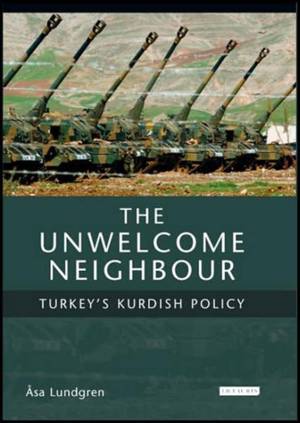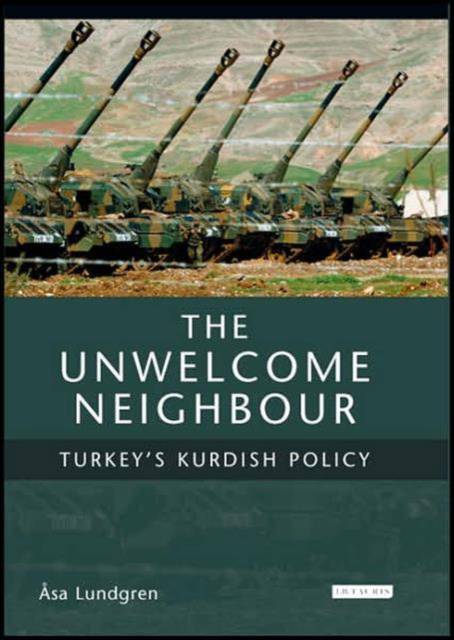
Door een staking bij bpost kan je online bestelling op dit moment iets langer onderweg zijn dan voorzien. Dringend iets nodig? Onze winkels ontvangen jou met open armen!
- Afhalen na 1 uur in een winkel met voorraad
- Gratis thuislevering in België vanaf € 30
- Ruim aanbod met 7 miljoen producten
Door een staking bij bpost kan je online bestelling op dit moment iets langer onderweg zijn dan voorzien. Dringend iets nodig? Onze winkels ontvangen jou met open armen!
- Afhalen na 1 uur in een winkel met voorraad
- Gratis thuislevering in België vanaf € 30
- Ruim aanbod met 7 miljoen producten
Zoeken
Omschrijving
Asa Lundgren explores Turkish policy towards northern Iraq from the beginning of the 1990s to the US-led invasion of Iraq in 2003 and draws important conclusions about the relation between nation-building and foreign policy. The author argues that there is a crucial interplay between the protection of state borders, foreign policy practice and the construction of national identity. Turkey's policy towards northern Iraq during the last decade can be described as a balancing act where the integrity of the Turkish-Iraqi border was firmly defended by Ankara, while at the same time it was consistently violated through Turkish military incursions against a perceived Kurdish threat and by the permanent military presence of the Turkish army on Iraqi territory. The author's highly original proposition is that Ankara's policy opposition to all attempts to break up Iraq along ethnic lines was a mirror image of an almost obession-like concern with the unity of the Turkish nation state.
Specificaties
Betrokkenen
- Auteur(s):
- Uitgeverij:
Inhoud
- Aantal bladzijden:
- 168
- Taal:
- Engels
- Reeks:
Eigenschappen
- Productcode (EAN):
- 9781850436829
- Verschijningsdatum:
- 30/03/2007
- Uitvoering:
- Paperback
- Formaat:
- Trade paperback (VS)
- Afmetingen:
- 167 mm x 238 mm
- Gewicht:
- 439 g

Alleen bij Standaard Boekhandel
+ 542 punten op je klantenkaart van Standaard Boekhandel
Beoordelingen
We publiceren alleen reviews die voldoen aan de voorwaarden voor reviews. Bekijk onze voorwaarden voor reviews.











